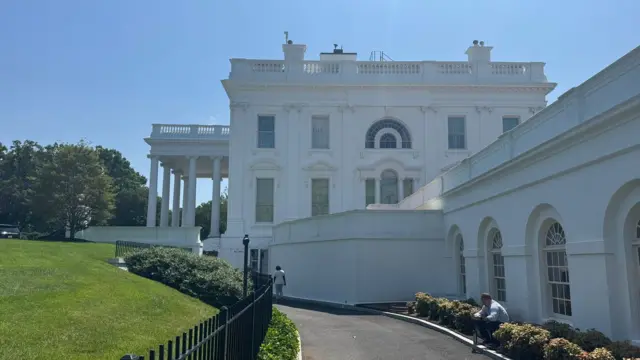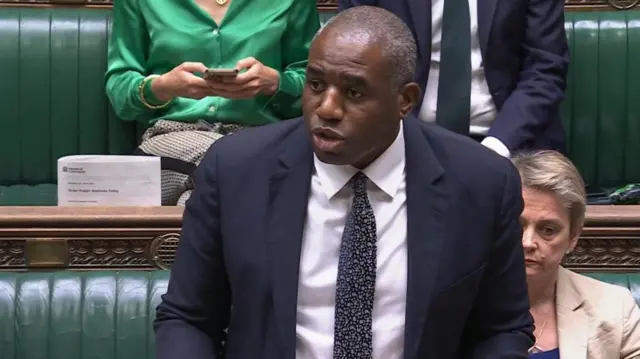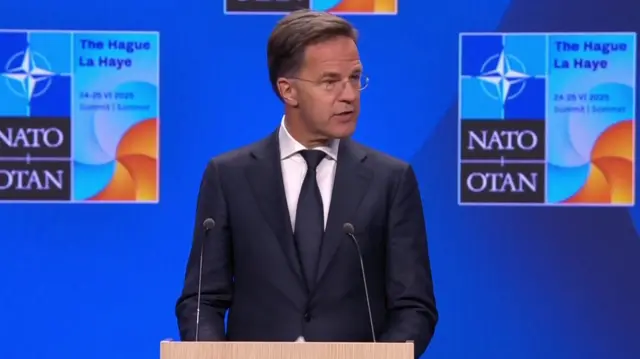Credible threat against US base in Qatar, BBC understandspublished at 17:09 BST 23 JuneBreaking
 Frank Gardner
Frank Gardner
Security correspondent
The BBC understands that there is "a credible threat" to the US-run Coalition Air Operations Centre at Al Udeid in Qatar.
The country has temporarily closed its airspace and I’ve been told the airbase is at a state of high readiness.
The threat is believed to come from a potential Iranian missile attack.
Al Udeid is a massive base outside the Qatari capital Doha and is home to US Centcom’s headquarters for all its air operations in the Middle East, where British military personnel also serve on rotation.








